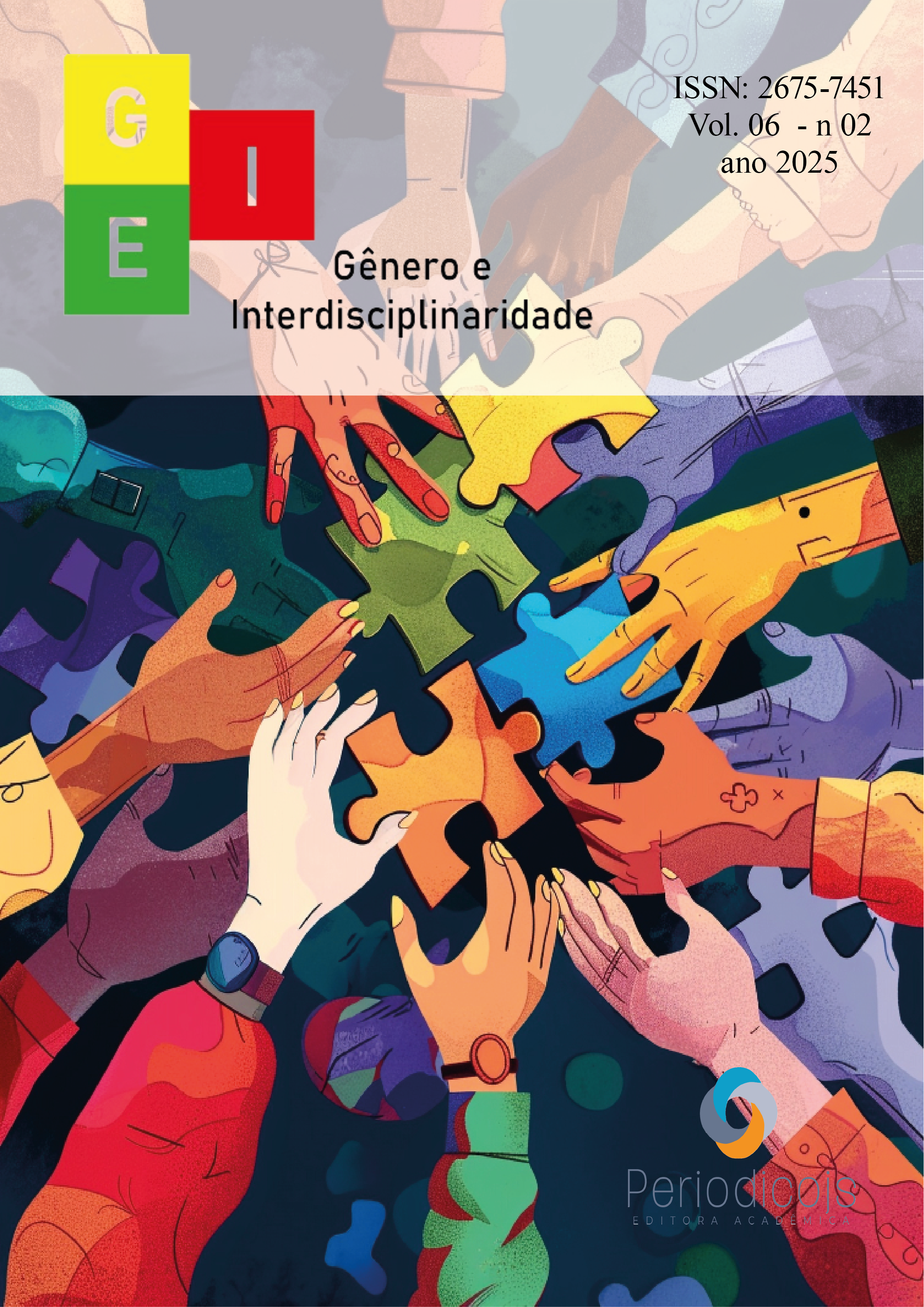Resumo
The present study describes the possibility of “phenomenal unification” laws acting on a variety of phenomena acquired during experiences lived over time, capable of generating a new phenomenal concept through the files maintained in latent flow in the perceptive storage when exposed to the phenomenological unification processes by a sense of reference. Such references would assume a force of relevance through a correspondence with the contents of the property links, by the causal links and substantial knowledge that are part of the characteristics of the object in the experience. In addition, the sense of the force of relevance can be driven by a network of experienced sensations or qualia integrated into the context of related experiences that are fundamental for the formation of the new phenomenal meaning. Thus, we question whether the new phenomenological concepts would establish a physical-phenomenal cohesion with the other phenomenal concepts and their causal links that are in the same context of experience, even without a priori knowledge of the employability of this new concept.
Referências
Gallagher, Shaun, and Dan Zahavi. The phenomenological mind. Routledge, 2020.
Sokolowski, Robert. Introduction to phenomenology. Cambridge university press, 2000.
Perry, John. Knowledge, possibility, and consciousness. mit Press, 2001.
Yetter-Chappell, H. (2018). Idealism Without God. In Idealism: New Essays in Metaphysics (pp.66–81). Oxford University Press.
Balog, Katalin “Acquaintance and the mind-body problem.” The Mental, the Physical. Eds. Hill & Gozzano. (Cambridge UP 2012a)
Yetter-Chappell, Helen. “Get Acquainted With Naïve Idealism.” The Roles of Representation in Visual Perception. Cham: Springer International Publishing, 2024. 263-274.
Noë, A. (2001). Experience and the Active Mind. Synthese, 129(1), 41–60.
Perry, John. Knowledge, Possibility, and Consciousness. (MIT UP 2001)
Yetter-Chappell, Helen. “Dissolving type-B physicalism.” Philosophical Perspectives 31 (2017): 469-498.
Carruthers, P. (1996). Language, Thoughts and Consciousness. An Essay in Philosophical Psychology. Cambridge: Cambridge University Press.
Rosenthal, D.M. (1986). Two concepts of consciousness. Philosophical Studies 94/3, 329–359
Lycan, W.G. (1987). Consciousness. Cambridge, MA: MIT Press
Jackson, F. (1982). Epiphenomenal qualia. Philosophical Quarterly, 32(127), 127–136.
Yetter-Chappell, H. (2019). Idealization and problem intuitions: Why no possible agent is indisputably ideal. Journal of Consciousness Studies, 26, 270–279.
Arıcı, M. & Toy, P. (2015). The Ontology and Developmental Root of the FirstPerson Perspective. GSTF Journal of General Philosophy, 1 (2), 1-6
Lewis, D. (1995) ‘Should a Materialist Believe in Qualia?’, Australasian Journal of Philosophy 73 (1): 140-44
O’Callaghan, Casey. A multisensory philosophy of perception. Oxford University Press, 2019.
Lyotard, Jean-François. Phenomenology. SUNY press, 1991.
Cimino, Antonio, and Cees Leijenhorst, eds. Phenomenology and experience: New perspectives. Vol. 18. Brill, 2018.
Merleau-Ponty, Maurice, et al. Phenomenology of perception. Routledge, 2013.
Bannon, Bryan, ed. Nature and experience: Phenomenology and the environment. Rowman & Littlefield, 2016.
Donohoe, Janet. 2014. Remembering Places. Lanham, MD: Lexington.
Detmer, David. Phenomenology explained: From experience to insight. Vol. 9. Open Court, 2013.
Husserl, Edmund. (1950). Cartesianische Meditationen und Pariser Vorträge, ed. Stephan Strasser. Husserliana I. The Hague: Martinus Nijhoff. Trans. in part by P. Koestenbaum as The Paris Lectures. The Hague: Martinus Nijhoff, 1964; and in part by D. Cairns as Cartesian Meditations: An Introduction to Phenomenology. The Hague: Martinus Nijhoff, 1999.
———. 1983. Ideas Pertaining to a Pure Phenomenology and a Phenomenological Philosophy. Translated by F. Kersten. First Book. The Hague: Martinus Nijhoff.





